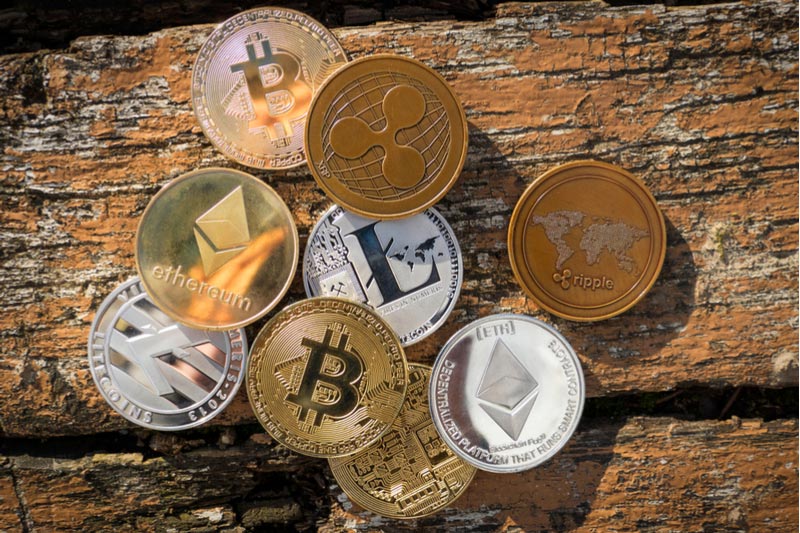Brazilian congressman, Goulart has suggested legislation that would allow crypto payments to be accepted as a form of payment for both public and private sector employees. The plan aims to pass a new law that would allow all Brazilian workers to pay their salary in cryptocurrency.

Cryptocurrency Payment Option Introduced.
Cryptocurrency payment option law has been introduced by Federal Deputy Luizo Goulart, a Brazilian legislator, to legalize cryptocurrency as a means of payment for public and private sector employees.
Goulart’s plan calls for a new law that would provide all Brazilian workers the option of requesting remuneration in cryptocurrency from their employers. The measure, on the other hand, requires that cryptocurrency payments be issued only if the workers and the employer have reached an agreement. According to the bill’s translated version:
“The limits of the percentage of payment (remuneration) in cryptocurrencies will be of the worker’s free choice. Any imposition by the employer will be prohibited.”
The measure focuses on the decentralization component of finance, which eliminates reliance on “a single person or a central body,” from a barter system to fiat currencies to Bitcoin (BTC). If enacted into law, Goulart’s bill will create a consensus between workers and employers on the percentages of pay paid in crypto and fiat.
Goulart claims that:
“Most importantly, the proposal will help collaborate in the resolution of the “cash” problem of the Federal, State and Municipal governments by offering payment alternatives, and at the same time, moving a gigantic Market Economy that lies ahead.”
Goulart underlined the need to develop “a global economy that improves individuals’ daily lives and delivers a good quality of life for all” in his call for acceptance of the idea. After 90 days from the date of approval, the measure will become law.
A bill to Criminalize Crypto-Related Financial Crimes in Brazil.
A bill to criminalize crypto-related financial crimes was just adopted by Brazil’s Special Committee of the Chamber of Deputies. Money laundering penalties have been increased, as have the minimum prison sentences for related offenses, as a result of recent regulatory changes.
According to Cointelegraph, the penalty has been doubled from one-third to two-thirds of the laundered money, with prison terms increasing from ten to sixteen years and eight months.
“People have nowhere to turn since there is no regulation.” In Brazil, the market will advance and adjust. Profiteers will no longer be able to deceive millions of Brazilians using technology, according to Federal Deputy Aureo Ribeiro.

